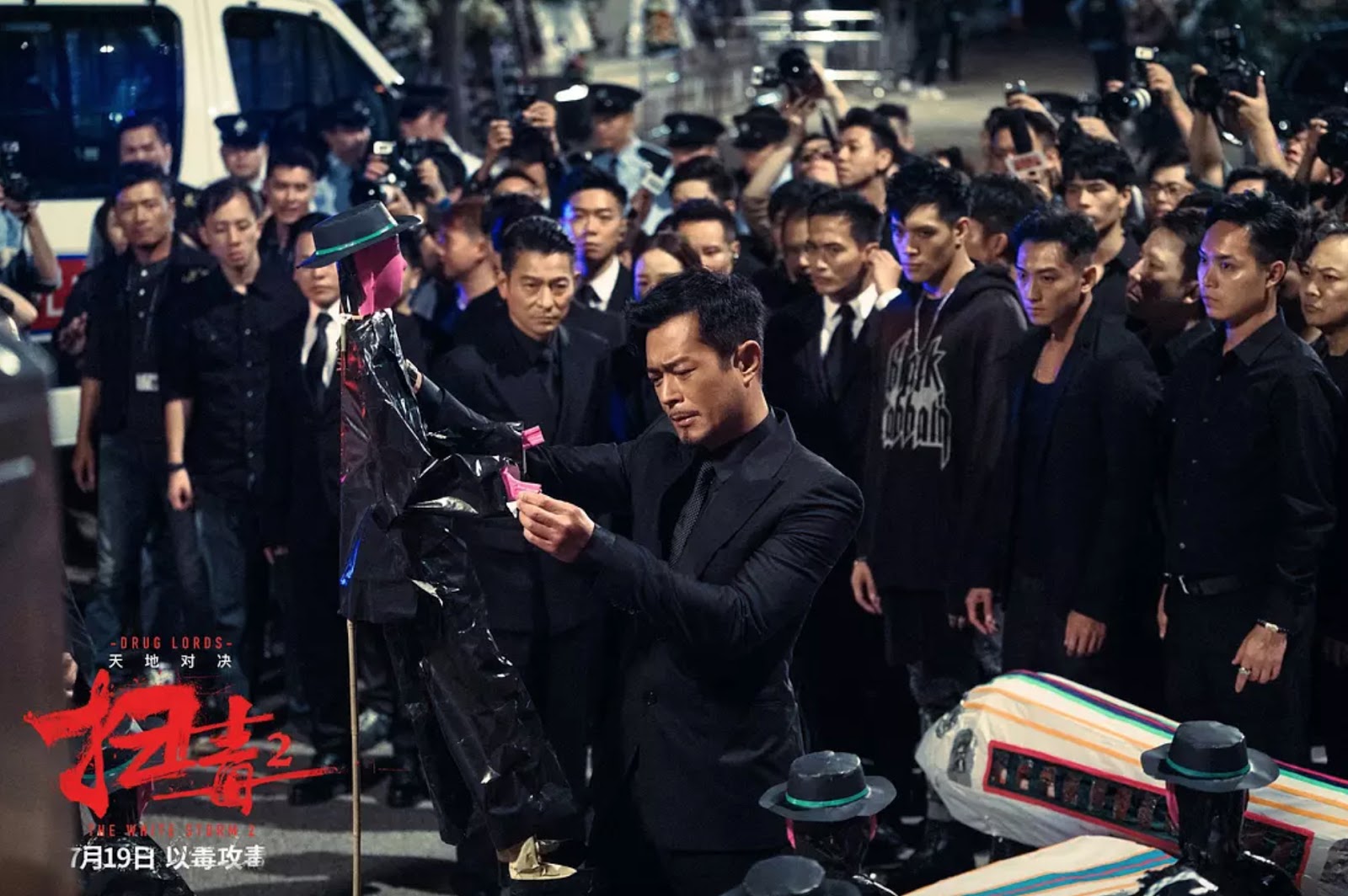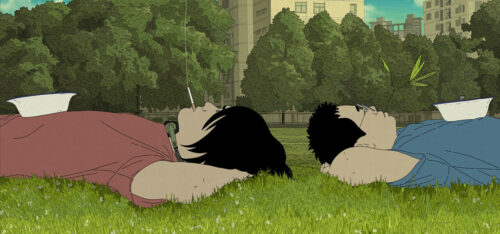2019 summer movie censorship preview: What you won’t see in Chinese theaters
2019 summer movie censorship preview: What you won’t see in Chinese theaters
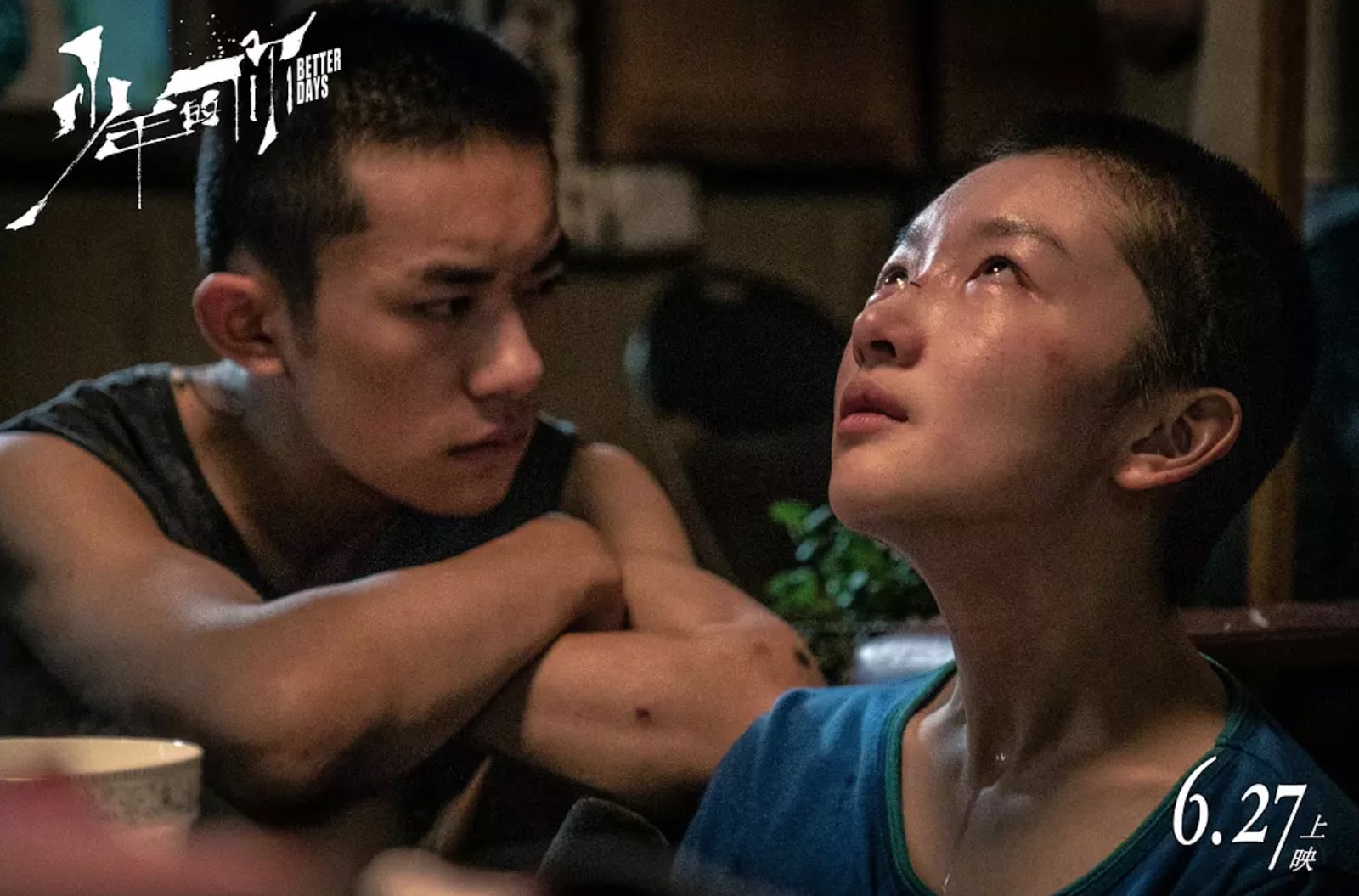
Summer is approaching, and that means a plethora of potential blockbusters are lining up to hit the big screen in China, which is the second-largest movie market globally after the U.S. But ahead of the season, several Chinese movies have been ordered to postpone their release dates or change their titles for various reasons, probably because of the country’s notorious film censorship apparatus.
On June 24, news came that Better Days (少年的你 shàonián de nǐ), a teen drama that takes an intimate look at an 18-year-old high school student’s complex and depressing campus life, has postponed its release in mainland China, only three days before the movie was scheduled to be screened in theaters across the country. According to a brief statement (in Chinese) issued by the movie’s marketing team on Weibo, the indefinite delay of the movie’s release was a well-thought-out decision made by its producers, investors, and distribution parties, who reached a consensus after considering “the level of completion” and their “market pre-assessments.” Stating that a new release date will be revealed at a later time, the announcement gives no further explanation.
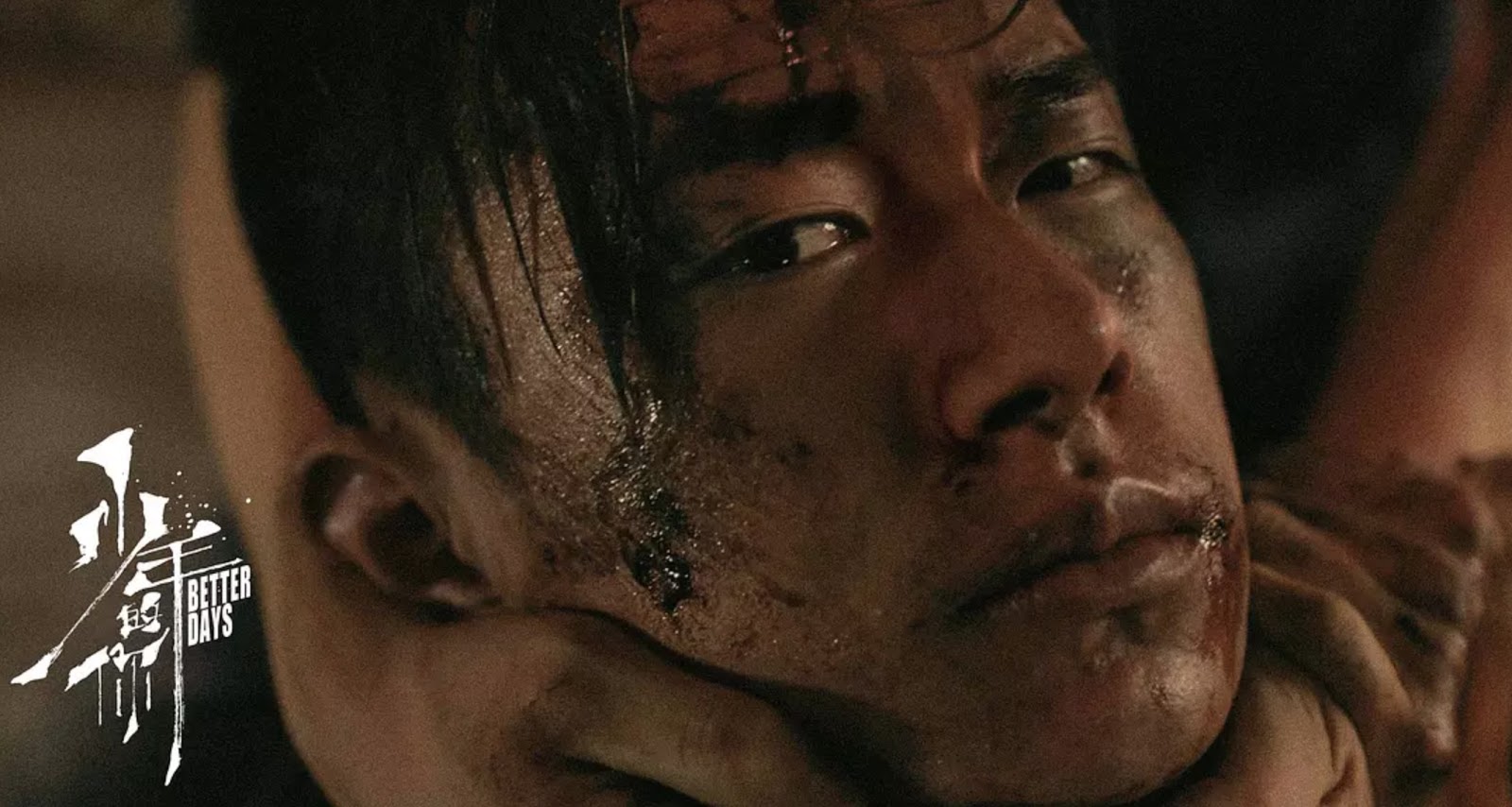
This is not the first time that Better Days has been embroiled in trouble. Back in February, the movie was pulled at the last minute from its debut at the Berlin International Film Festival due to what its official Weibo account called “technical reasons” (技术原因 jìshù yuányīn). Since then, rumors have swirled around that the movie’s release had been facing interference from China’s movie censors because of its dark plot and violent scenes that highlight school bullying.
What happened to Better Days was by no means an isolated event. Today, Huayi Brothers’ $80 million war epic The Eight Hundred (八佰 bābǎi), which was abruptly removed from the opening spot at the 2019 Shanghai International Film Festival in mid-June, announced it had called off its premiere on July 5 without giving a reason. According to some movie critics close to the matter, the cancellation was largely due to its controversial storyline, which sheds light on the heroic role of Chinese Nationalists (Kuomintang) in the Second Sino-Japanese War and downplays the significance of the Communist Party forces.

Roughly around the same time, The Last Wish (伟大的愿望 wěidà de yuànwàng), a coming-of-age movie that’s slated for a release in July, was reportedly asked to change its movie title from 伟大的愿望, which literally means “the grand wish,” to The Small Wish (小小的愿望 xiǎoxiǎo de yuànwàng). The sudden name swap, some internet users guessed, was because the original title was deemed too hyperbolic by China’s movie authorities. The speculation was probably not far away from the truth, given that a few weeks ago, Cry Me a Sad River (悲伤逆流成河 bēishāngnìliúchénghé), a television show adapted from a Gūo Jìngmíng 郭敬明 novel that portrays the dark reality of campus violence, was renamed The Flow of Beautiful Times (流淌的美好时光 liútǎng de měihǎo shíguāng) despite its gloomy theme.
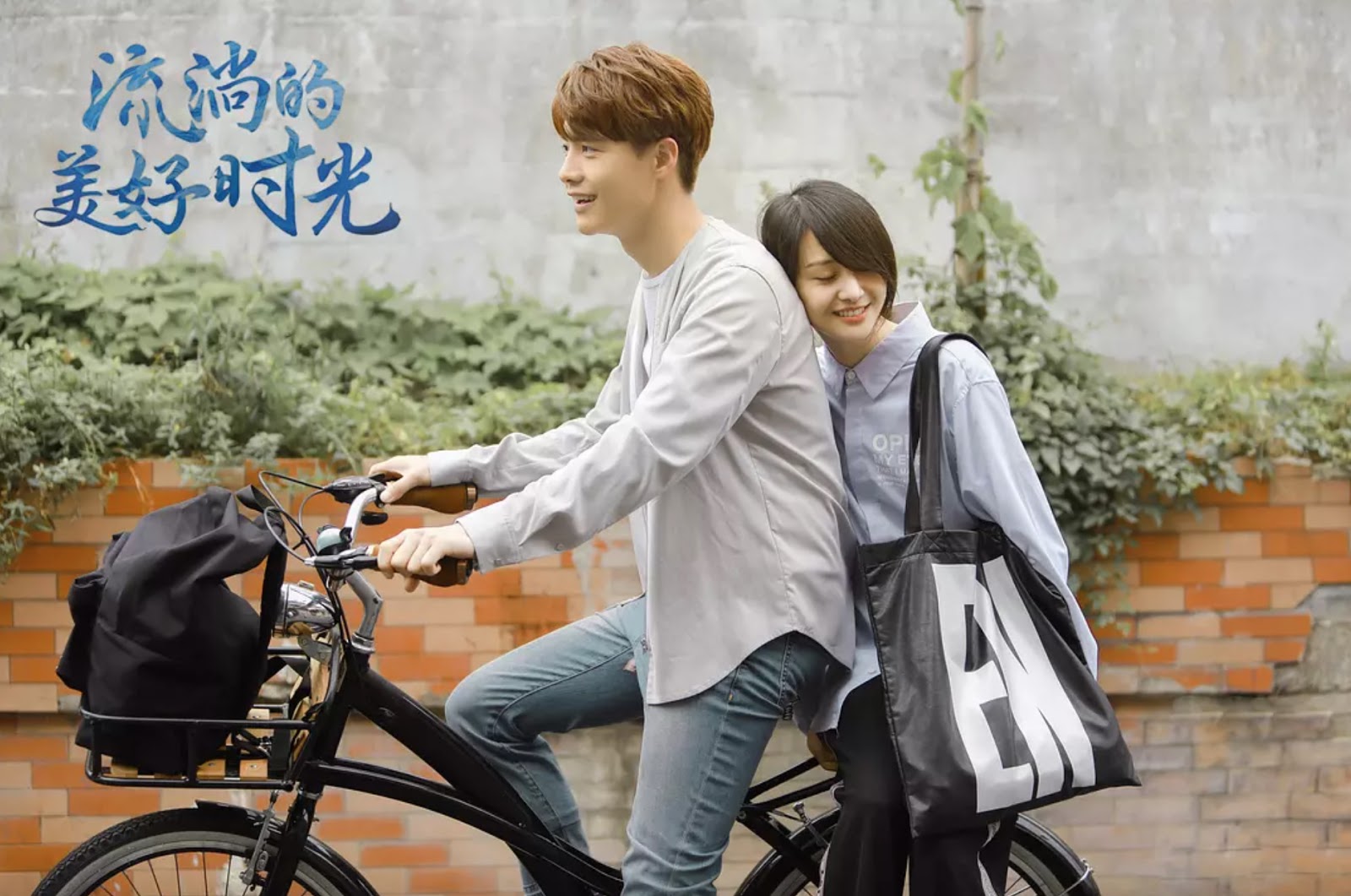
However, one film’s premiere has not fallen victim to the censors: This morning, crime thriller The White Storm 2 – Drug Lords (扫毒2: 天地对决 sǎodú 2: tiāndì duì jué), the sequel to the 2013 cartel drama, announced that it would hit theaters on July 5, two weeks sooner than scheduled. The news has made some netizens wonder what it is exactly about the canceled movies that got on Chinese censors’ nerves. The general conclusion they have arrived at is that violence is allowed to appear in Chinese movies and TV shows as long as the violence is used on criminals like drug dealers and gangsters.
